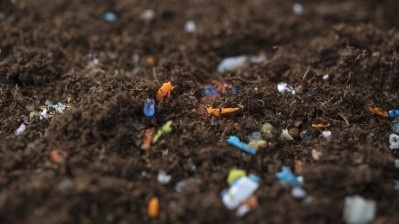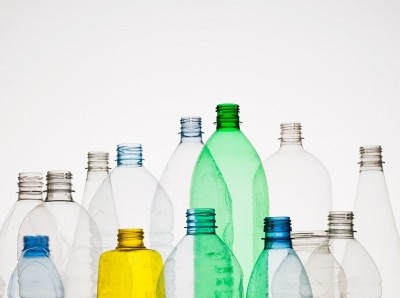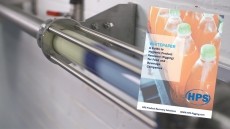Plastic linked to cancer risk across production, use, and disposal: study
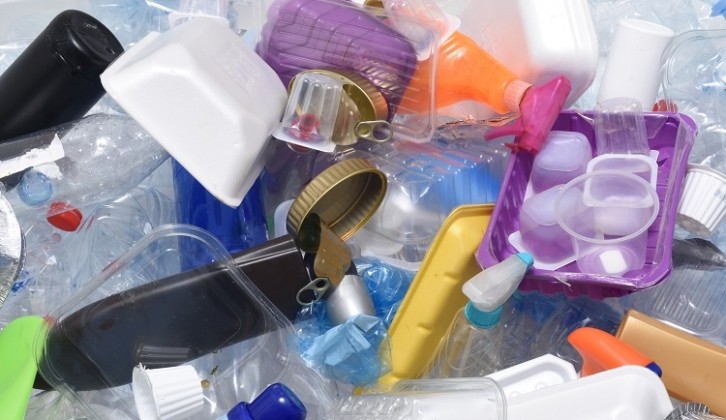
It is estimated more than 460 million tonnes of plastic is produced annually, 141 million tonnes of which is attributed to packaging. According to the Ellen MacArthur Foundation, just 14% of the plastic packaging used globally is recycled, 40% ends up in landfills, and one third leaks into the environment.
Analysing risks associated with the plastic life cycle – covering three phases from production to use and disposal – is a complex task. But for the first time, a team of international researchers from the fields of healthcare, the ocean and the environment, has sought to quantify plastic’s risks to all life on earth, including human health.
Coined the Minderoo-Monaco Commission on Plastics and Human Health, the study is the result of a partnership between Boston College Global Observatory on Planetary Health, Australia’s Minderoo Foundation, and the Centre Scientifique de Monaco.
“This is the first analysis to look at hazards to human health caused by plastics across their entire life cycle – cradle to grave – beginning with extraction of the coal, oil and gas from which nearly all plastics are made, through production and use, and on to the point where plastic wastes are thrown into landfills, dumped into the ocean or shipped overseas,” commented Boston College professor Philip Landrigan, lead author of the study.
Whereas previous studies have looked at pieces of the plastic life cycle, concentrating on air pollution, or the oceans, fracking, or medicine, nobody has looked at the entire problem all at once, he explained. “That is what is different about our approach…that and the fact that we focused very specifically on plastics’ impact on human health.”
Plastic production
Most plastic (more than 98%) is produced from fossil carbon, be it coal, oil or gas. To produce plastic, these carbon feedstocks are transformed through energy-intensive, catalytic processes. The result is a highly functional material that can be turned into a vast array of products.
According to the study findings, coal miners, oil workers and gas field workers who extract fossil carbon feedstocks for plastic production are at increased risk of a number of illnesses, including cancer.
These workers have a greater likelihood of dying from traumatic injury, coal workers’ pneumoconiosis, silicosis, cardiovascular disease, chronic obstructive pulmonary disease, and lung cancer, noted the researchers. Further, plastic production workers were found to be at increased risk of leukaemia, lymphoma, hepatic angiosarcoma, brain cancer, breast cancer, mesothelioma, neurotoxic injury, and decreased fertility.
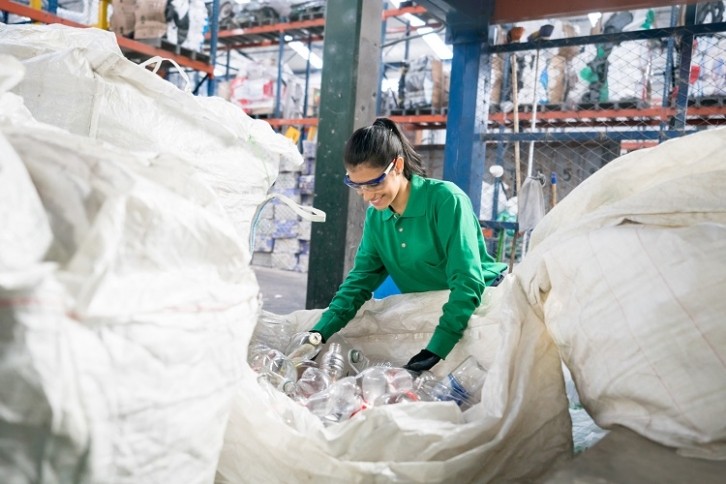
Concerning plastic recycling workers, increased rates of cardiovascular disease, toxic metal poisoning, neuropathy, and lung cancer was observed. And residents of communities adjacent to plastic production and waste disposal sites – known as ‘fenceline’ communities – have been linked to increased risk of premature birth, low birth weight, asthma, childhood leukaemia, cardiovascular disease, chronic obstructive pulmonary disease, and lung cancer.
Plastic use and disposal
Both during plastic use and plastic disposal, chemicals – including additives and residual monomers – are known to leak into the environment and concerningly, into people.
Last year, four high production volume polymers applied in plastic were identified and quantified for the first time in human blood. PET plastic which is used in drink bottles was identified, as was plastic from packaged food and plastic bags.
The Commission reported that national biomonitoring surveys in the US document population-side exposure to plastic-derived chemicals, with plastic additives linked to endocrine function and increase risk for premature births, neurodevelopment disorders, male reproductive birth defects, infertility, obesity, cardiovascular disease, renal disease, and cancers.
As suggested by previous research, micro- and nano-plastics formed through the environmental degradation of plastic waste can enter living organisms, including humans. A 2022 study found that nanoplastics can be transferred from contaminated soil to plants, which when fed to insects, who are themselves eaten by fish, can enter the food chain.
“Emerging, albeit still incomplete evidence indicates that micro- and nano-plastics may cause toxicity due to their physical and toxicological effects as well as by acting as vectors that transport toxic chemicals and bacterial pathogens into tissues and cells,” noted the Commission.
The researchers consider that infants in the womb and young children are the two populations at particularly high risk of plastic-related health effects. “Early-life exposures to plastic-associated chemicals also increase the risk of multiple non-communicable diseases later in life.”
Is there a solution?
Boston College’s prof Landrigan said the study was prompted by concern about the impacts for human and planetary health of ‘massive, almost exponential’ recent increases in plastic production and plastic waste.
“Eight billion tonnes of plastic have been produced since 1950, more than half of it in the last 20 years, and production is on track to treble by 2050. This plastic contains thousands of toxic and cancer-causing chemicals that can leach out of the plastic at every stage.
“And because plastic does not break down in the environment and less than 10% is recycled, an estimated 6bn tonnes of chemical-laden plastic waste now contaminates the earth’s environment. This is not sustainable.”
Is there a solution? The Minderoo-Monaco Commission on Plastics and Human Health is calling for the creation of Global Plastics Treaty (currently in negation) to end plastic pollution by 2040. Such a treaty would put a cap on global plastic production with targets, timetables, and national contributions.
According to the Commission, the Treaty should not only cover microplastics and marine litter, but nanoplastics; it should include a provision banning or severely restricting manufacture and use of unnecessary, avoidable, and problematic plastic items; and should include requirements on extended producer responsibility.

The Commission acknowledges the benefits that plastic offers, too. “Clearly, we are not going to live without plastic products. Many are essential. But we have to ensure that the plastic we do use is safely produced and properly disposed,” noted prof Landrigan.
But the study authors stress that ‘reckless increases’ in plastic production, and especially increases in the manufacturer of unnecessary single-use plastics, ‘need to be curbed’. “Global intervention against the plastic crisis is needed now because the costs of failure to act will be immense.”
Source: Annals of Global Health
‘The Minderoo-Monaco Commission on Plastics and Human Health’
Published 21 March 2023
DOI: 10.5334/aogh.4056
Authors: Philip J. Landrigan, Hervé Raps, Maureen Cropper et al.

